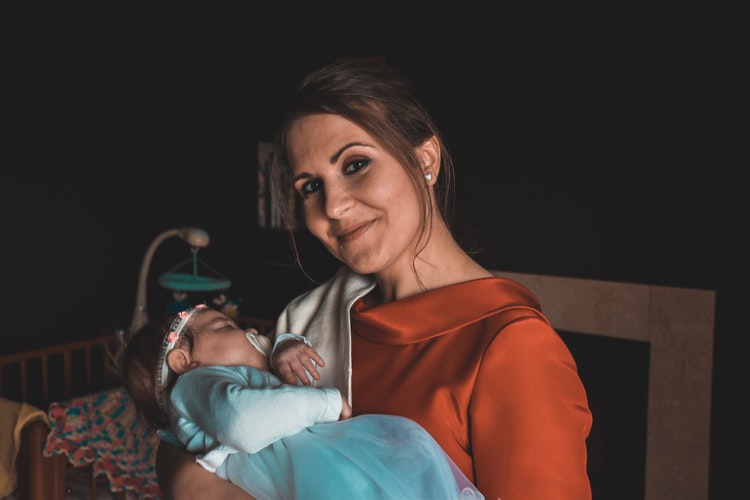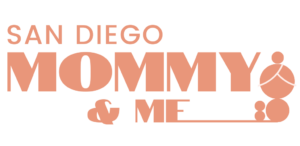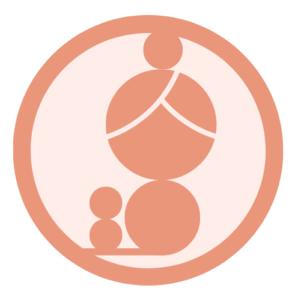
The term “parenting” and the concept of “learning how to parent” became popular in the 70s. It was the birth of a billion-dollar business in response to a new generation of parents who had very little experience being around babies/children, but who instead had a lot of school and work experience. This concept of “parenting” brought with it an assumption that there was a “right” way to parent and that, like school or work, parenting was something that could be generalized, simplified, and explained.
Unfortuniently, the science behind the brain continues to confirm this isn’t the case. That despite the anxieties of the unknowns, parenting does not come with a manual. Instead, we are forced to accept that parenting is a learning process. An experience and process that is unique to each kid (sorry, it’s not necessarily easier the second+ time around).
One important piece to this learning process is getting to know who your little is and what he or she needs from you (a.k.a Attunement).
Attunement: Attune
at·tune \ə-ˈtün, -ˈtyün\ (Verb)
- To bring into harmony
- Fancy pants psychology lingo for knowing your little + understanding how to her read cues + meet his needs.
The Need-to-Knows of Attunement:
- It takes intentional effort, attention, and time to learn who your little is and how to meet baby’s needs. It doesn’t just happen, nor does it happen quickly.
- It’s a process. In the beginning, and for sporadically ever after, it is a total guessing game.
- Some cues are universal and simple (others opinion and advice may help), some are more complex or unique to your little (Mama knows best).
- Right when you think you have it down, you’re little will enter a new stage and you’ll begin the learning process all over again.
- Eventually, you’ll begin to see patterns emerge and traits continue throughout each stage. Eventually, you’ll begin to learn and truly know your little.
- In the end, being attentive to your little’s needs, even if you’re unable to understand or satisfy them, is important and comforting to baby.
- Being attuned to yourself is an important part in becoming fully attuned with your little.
Don’t know where to start? Try out some of these suggestions.
Life becomes easier if you stop thinking of parenting as a need to be the expert and have all the answers, and start seeing your role are a curious detective. The best way to begin to learn about your baby is by observing them. Here are some great opportunities to prioritize observations:
- Creating one on one time together. Allowing for focused attention and interaction.
- Do less and observe more. Step back from directing your little’s play. Let him lead and observe what he chooses, what he is drawn too, and how he interacts with his world and others.
- Provide a safe, baby proof environment. The freer she is to explore, the more you can learn from watching her.
- Let your little solve his or her own problems whenever you can. Refrain from rushing to help or fix a safe-problem. Allow your little space and watch how your little goes about problem-solving or learning a new skill.
- Try to identify patterns in preferences or behaviors. Test patterns in predicting or satisfying needs.
- Consider the “9 temperament traits” in observing her interactions with their environment.
- Try not to assume all children like the same things. Identify and support preferences and dislikes.
- Think about what’s going on when you see a behavior you don’t understand. Does this behavior happen at a certain time of day (like at drop-off or bedtime)? Does this behavior tend to occur in a certain place (like the brightly lit, noisy store)? Does the behavior happen in a particular situation (like a playground with new kids)?
- Respond to your little based on what you think the meaning of his behavior is. It’s okay if you are not sure if your right. Just try something. You’ll never know until you try.

